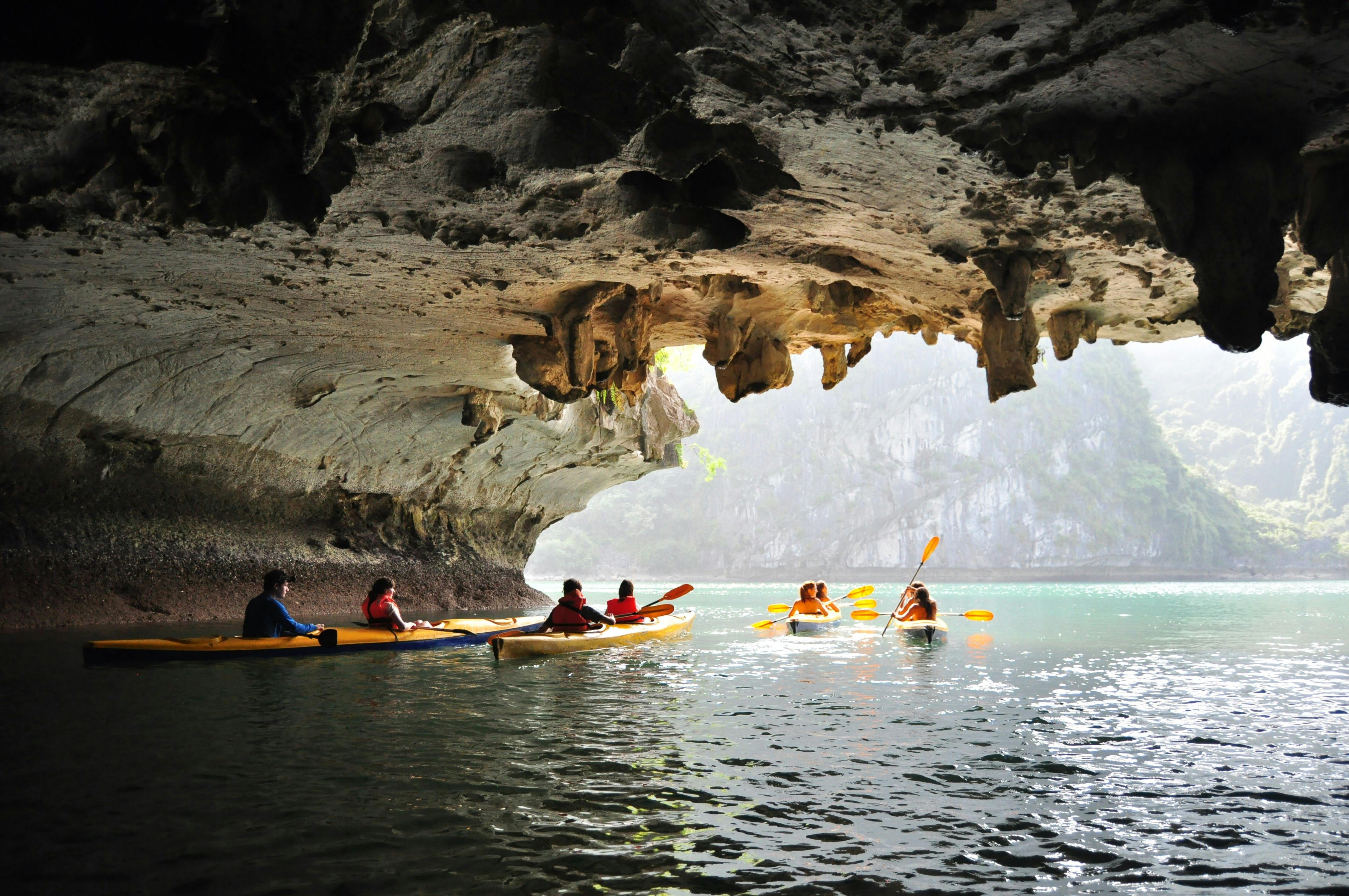Robinson Crusoe – Contest between man and nature
Daniel Defoe was born in 1659 at St. Gille’s, Cripplegate in London. He was a man of many shades. These different personal traits are reflected in his literary contribution. He had performed a numerous occupation during his lifetime. Some of his important masterpieces like “Essay on Projects” (1698), “The True English Man” (1701), “The Hymn to the Pillar” (1703), “Consolidator” (1705), “Appearance of Mrs. Calf” (1706), “History of the Union” (1708-09), “Reasons Against the Succession of the House of Hanover” (1712), “General History of Commerce” (1713), “Robinson Crusoe” (1719), ” Captain Singleton” (1720), “Mole Flanders” (1722), “Rexona, or the Fortunate Mistress” (1724) and other important literary works will remain glorious throughout the centuries.
Man has control over everything except nature. But the fact is false in the case of Defoe’s “ROBINSON CRUSOE”. Defoe’s hero, Robinson Crusoe, has complete control over the environment. He is an inveterate traveler. He loves to explore new and unknown places. Due to his bad luck, and also a storm, his ship has been destroyed and he arrives at an unknown island. The island is not only unknown to Robinson, but also too lonely. Robinson fails to find a single human being. He is totally confused. He is confused by the uncertainty of his fate. He has no roof, no food and no clothes. He is alone. He doesn’t get an odd shadow of anyone on this lonely, deserted island. He finds nothing on the island to survive. He has no roof, food, drinking water, adequate clothing and the basics to live a life. He is all alone and has to face nature from now on.
Robinson cries bitterly but there is no one who can give security. There is no one who can provide the best comfort and warmth. But he has to survive when he reaches a desolate island. He slowly and gradually understands Nature. Furthermore, it can be interpreted that Nature somehow plays an important role in bringing the required maturity in Robinson. Nature prepares Robinson to be a responsible man. He is a traveler, he flees from his sheltered shelter, ignoring his parents’ warning but he never takes life so seriously.
He’s been thrown onto an alien island and now he truly understands how hard life is. But in the novel, Nature has been portrayed as a highly educated character. Nature gives everything to Robinson. Robinson learns to adapt to adverse situations. He earns the hostile location. Nature makes him much more experienced, courageous and skillful. Robinson should be grateful to Nature. She gives him all the essential goods to survive decently in such a strange place.
Robinson returns to the damaged ship to bring the merchandise. He finds cookies, rice, bread, cheese, goat meat, corn, wine, a carpenter’s tool, ammunition, weapons, barrels, clothing, money, and hundreds of other essential goods. He needs a roof to protect him and also to preserve the most sought after goods. He finds a suitable place where he can store his products. He even gets plenty of fresh water near his shelter. He starts using and exploiting Nature from now on.
Nature teaches you to do many kinds of tasks. Learn how to farm, bake, fence, plough, harvest and many other farming tasks. He exploits Nature for his own purposes, and Nature also helps him wholeheartedly. Robinson uses everything he has brought from the ship but cannot use money. As on such a deserted island, he cannot buy or sell anything. Therefore, money or wealth are useless things for Robinson.
With the help of Nature, he makes his personal life much more pleasant and comfortable. He has everything. He prepares the necessary furniture for his comfort, reads the Bible, learns that there are two growing seasons, learns how to make clay utensils, and also knows how to make them durable. He has goats, parrots with which he spends his free time. He stays busy all day with many kinds of jobs. But he still feels reclusive. Loneliness is Robinson’s main problem. He continues to thrive on the use of Nature. He makes all the arrangements for his survival. He has full control over Nature. He remains victorious in the silent battle with Nature.
Thus, in Defoe’s “ROBINSON CRUSOE”, the protagonist has full power and control over Nature, that Nature that can destroy anything in a split second and that Nature that can be calm and serene at the same time.
